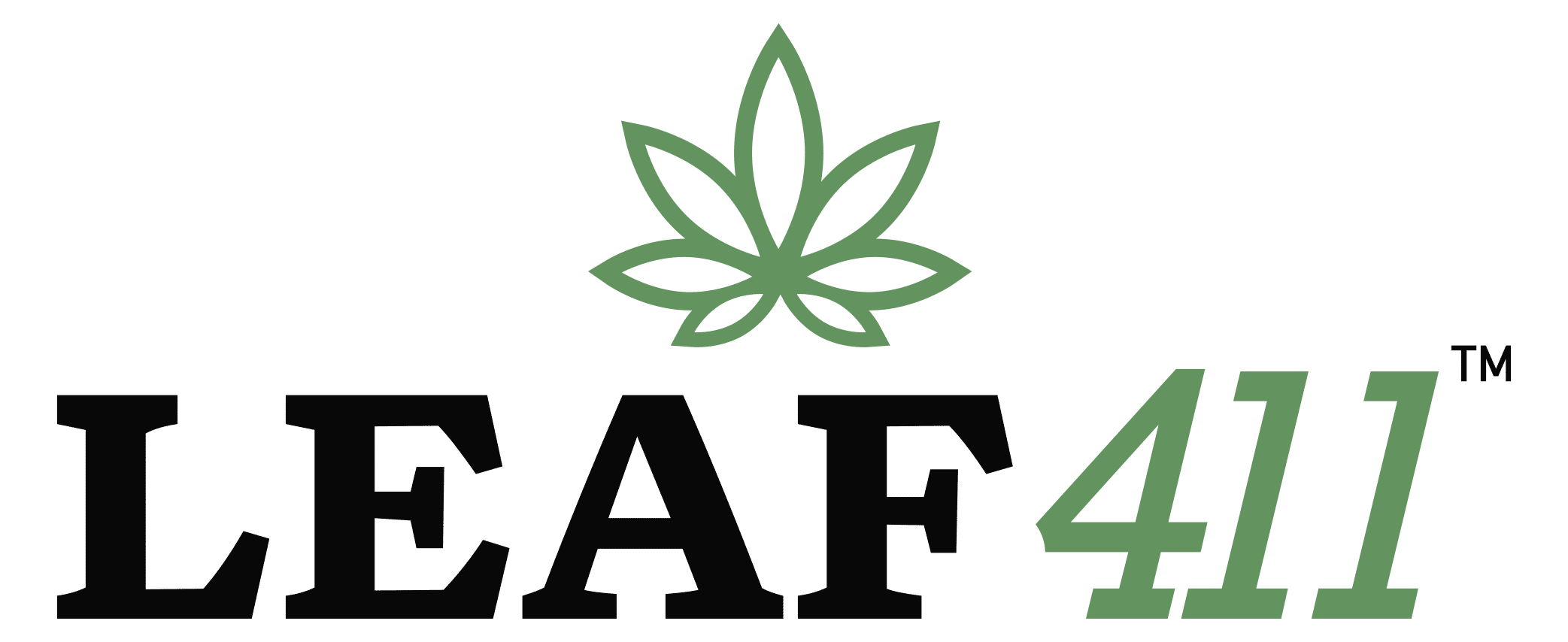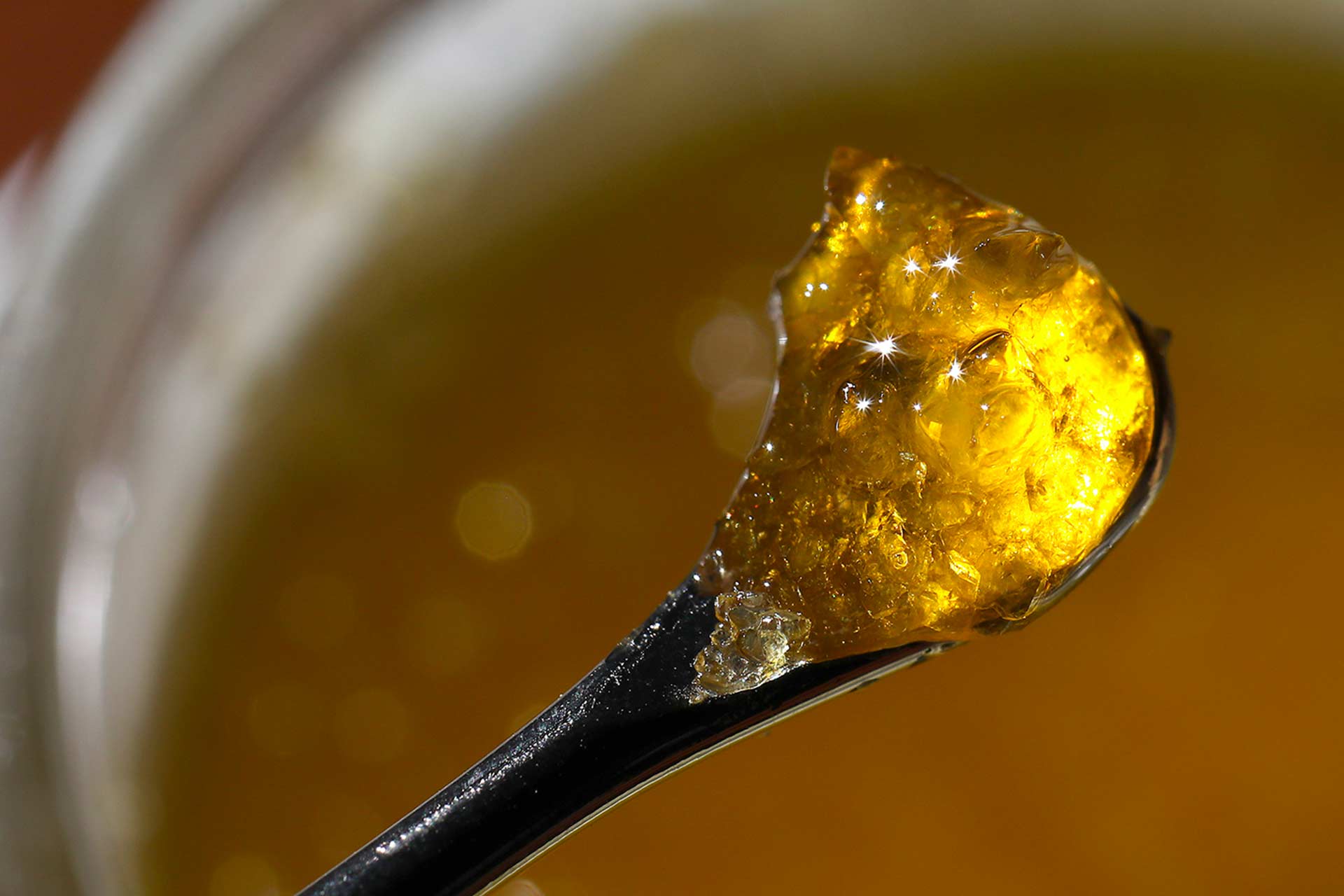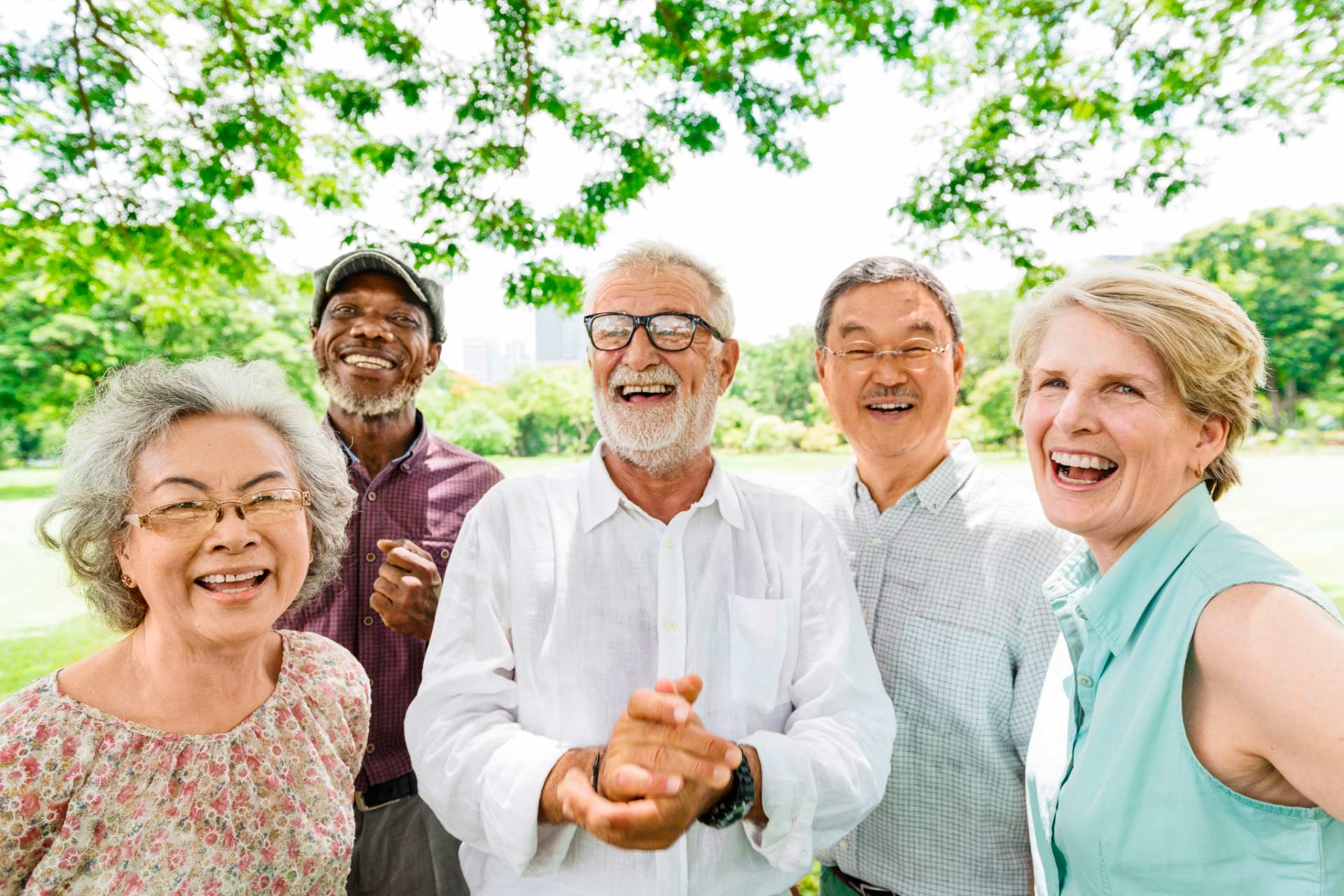Is Live Resin Cannabis Worth the Cost?
Taking a closer look at what makes live resin different and its potential therapeutic benefits
Medically reviewed by Katherine Golden, RN
Written by Denise Rustning
Live resin is really all about terpenes, the delicate aromatic plant compounds that pack a therapeutic punch but can be destroyed during conventional extraction processes. Live resin is extracted using specialized processes that preserve terpenes and other plant compounds, retaining more of the whole plant instead of adding terpenes back in later on.
These terpenes play a big role in the effects you get from different cannabis chemovars (strains), a topic we’ve covered before on the blog.
As dispensary shelves become more crowded, cannabis manufacturers are looking for new ways to differentiate and offer products that meet unique consumer needs and tastes. Products containing live resin, including concentrates, vapes and even edibles, are one way manufacturers are looking to stand out. But from a consumer perspective, is live resin worth seeking out?
What is live resin?
Live resin is full-spectrum concentrate made from freshly harvested cannabis plants that are quickly flash frozen, retaining most plant compounds, including the delicate trichomes containing terpenes and flavonoids. This differentiates it from other concentrates made from dried and cured cannabis plants.
(Wondering what trichomes are? Tomatoes are another familiar plant with trichomes. If you’ve brushed across the tiny hairs on tomato leaves and stems, releasing a strong-smelling substance, then you’ve had a firsthand experience with fresh trichomes!)
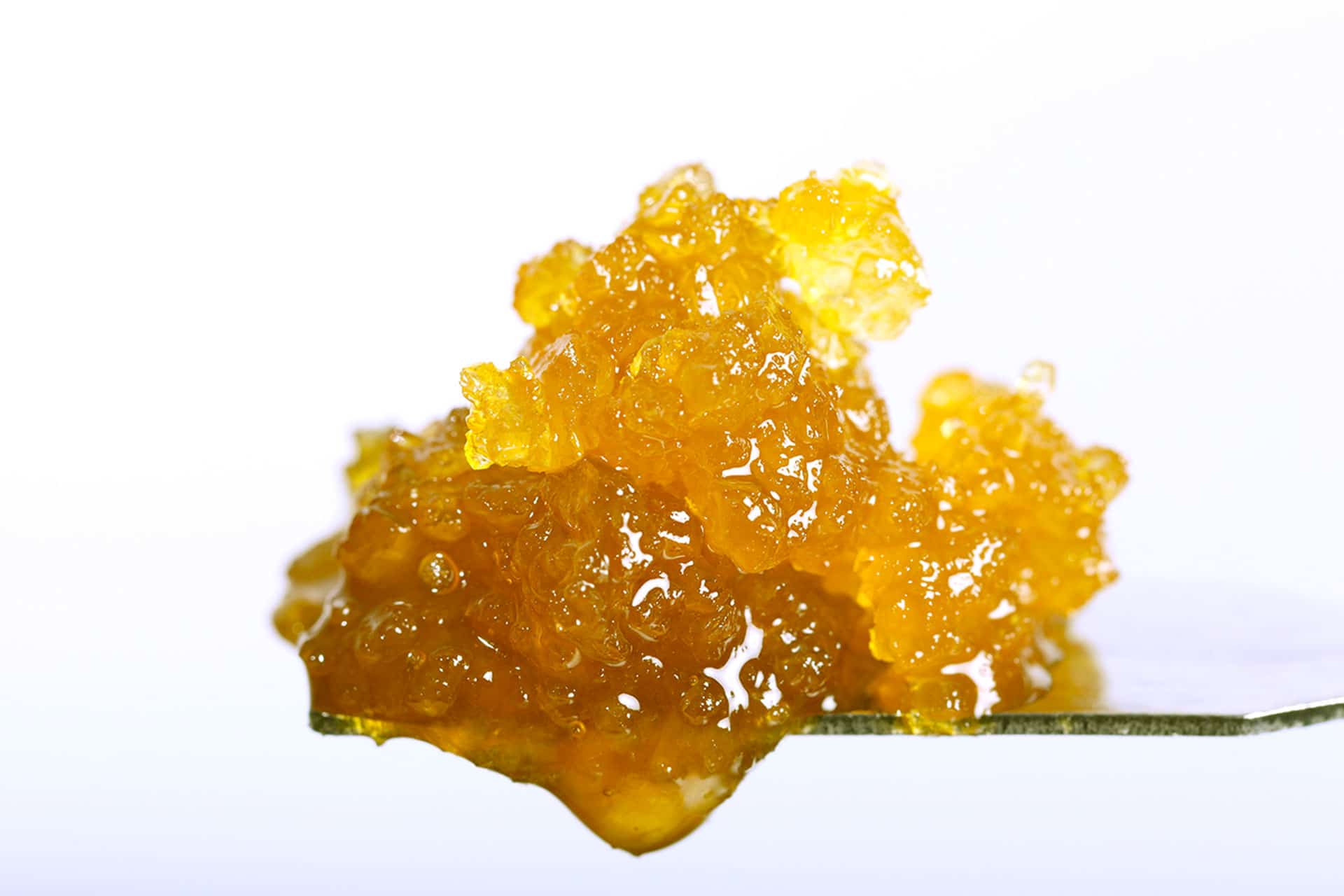
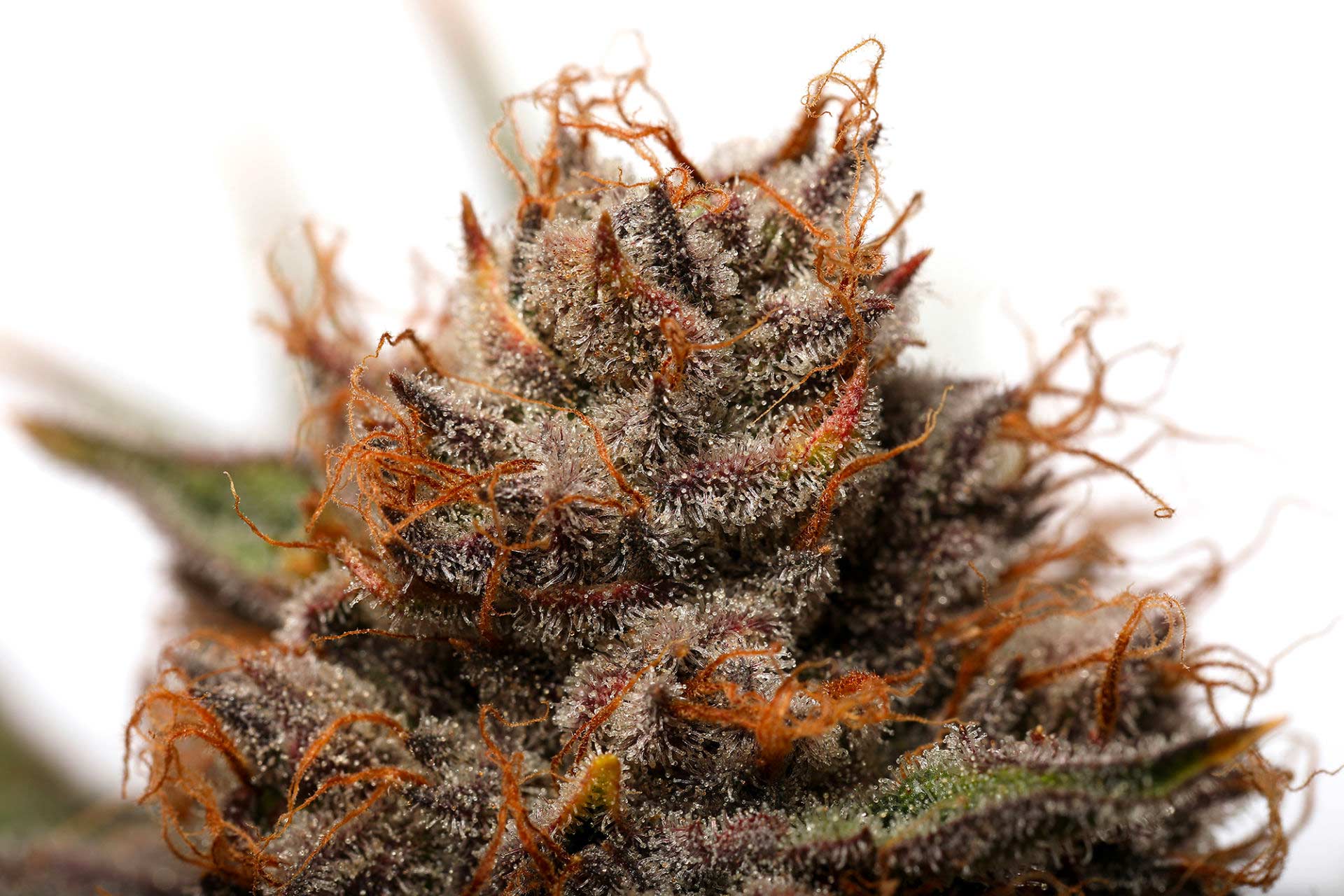
How is live resin produced?
Back to our live resin. The plant flash-freezing process is followed by carefully controlled extraction at low temperatures, retaining all the plant compounds. Some popular extraction methods include hydrocarbon extraction and butane hash oil (BHO) extraction.
It’s important to note legal cannabis manufacturers use modern laboratory equipment and follow commercial fire and safety protocols to ensure the extract is safely produced and tested for any residual solvents. Butane hash oil extraction is something you should NOT try at home!
The live resin extraction process contrasts with more conventional methods where cannabis plants are first dried and cured with heat and decarboxylation to create THC distillate. Depending on the product type, manufacturers may re-introduce terpenes, CBD and other cannabinoids, along with flavoring and other ingredients later in the production cycle to create specific product effects.

Is live resin better than THC distillate products?
Does live resin’s unique extraction process make it superior to products made with THC distillate? Not necessarily.
Live resin is only as good as the quality of the plants that went into its production. In addition, the live resin extraction process is complex and time-consuming. If a manufacturer takes shortcuts, they risk losing valuable terpenes or end up with a product that contains residual solvents.
Also, THC distillate made from dried and cured plants often proves more efficient for ingestible products because it can be more precisely measured into a uniform dose.
Both budget and personal preferences also come into play. You may try a live resin product and love the effects and flavor or alternately be left wondering what the hype is all about.
When it comes to therapeutic benefits, live resin may have an edge, given that it preserves more of the whole plant compounds, including a higher concentration of naturally occurring terpenes than you’ll find in dried flower. Terpenes play an important role in cannabis’s healing power, with a wide range of effects. In a previous blog, we provided tips on how to identify the best terpenes for your needs.
However, everyone’s endocannabinoid system is just a little bit different when it comes to cannabis, which really is individualized medicine. Our Leaf hotline nurses are experts when it comes to terpenes and the pros and cons of live resin products. They are ready to help with your questions via our free hotline at 844-LEAF411 (844-532-3411).

Learning more about live resin product types
Live resin is popping up in more legal cannabis products on today’s dispensary shelves. It can be confusing to sort out all the options! Here’s a quick primer on different live resin products:
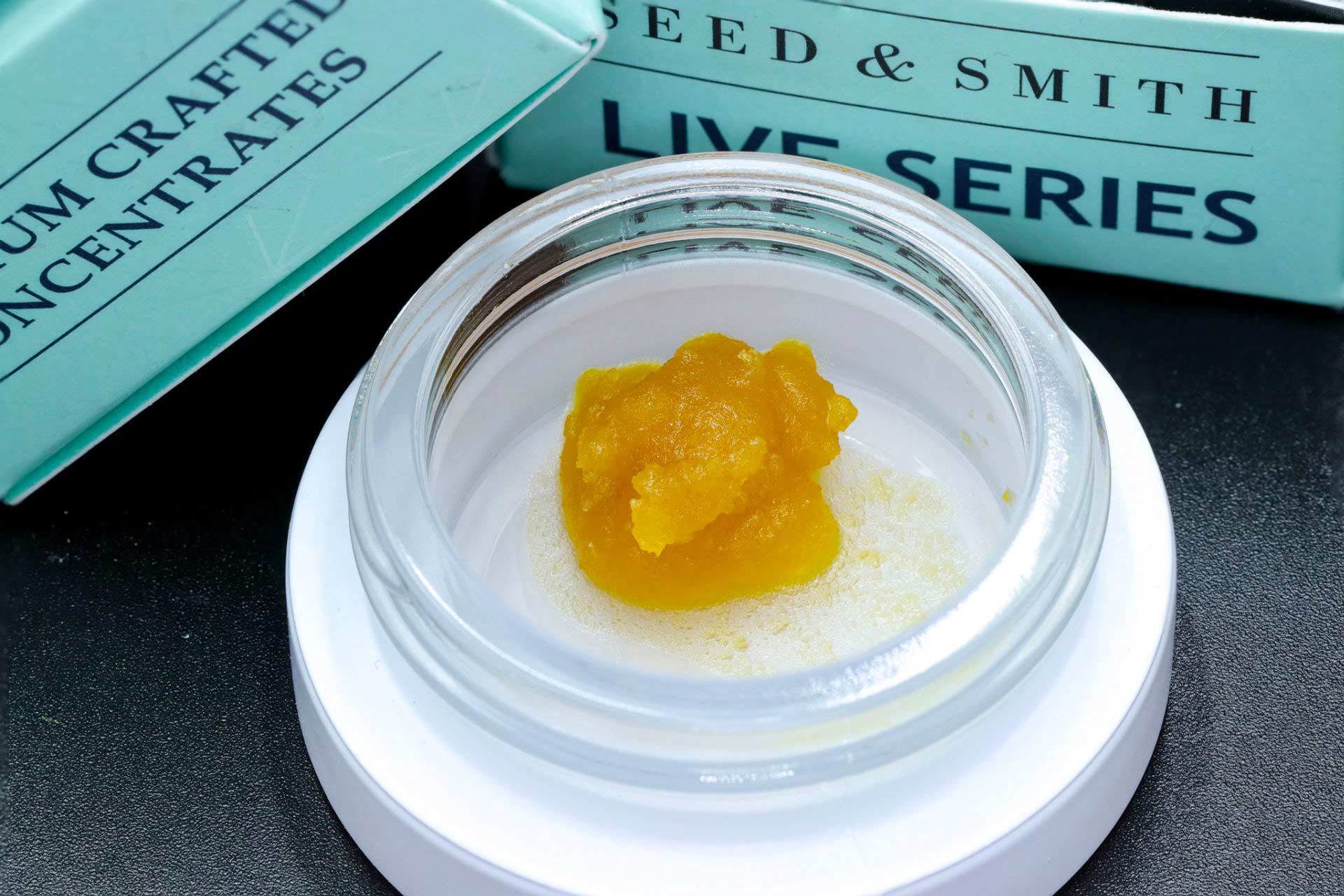
- Live resin concentrates: Live resin concentrates can be dabbed (smoked using a specially-designed dab rig), or sprinkled on top of cannabis flower before smoking to enhance flavor and boost potency. Remember that a little goes a long way! Leaf411 supporting member Seed & Smith produces a range of high-quality concentrates extracted from unique, small-batch flower strains. You can see examples of different concentrates at this link.
- Live resin vapes: Vaping is a common way that people use cannabis concentrates, and live resin vapes are quickly growing in popularity as consumers look for options that reflect the full plant profile. Live resin vapes also should not contain cutting agents like Polyethylene Glycol (PEG), Propylene Glycol (PG) or MCT oil, which can be found in some distillate-based vape cartridges.
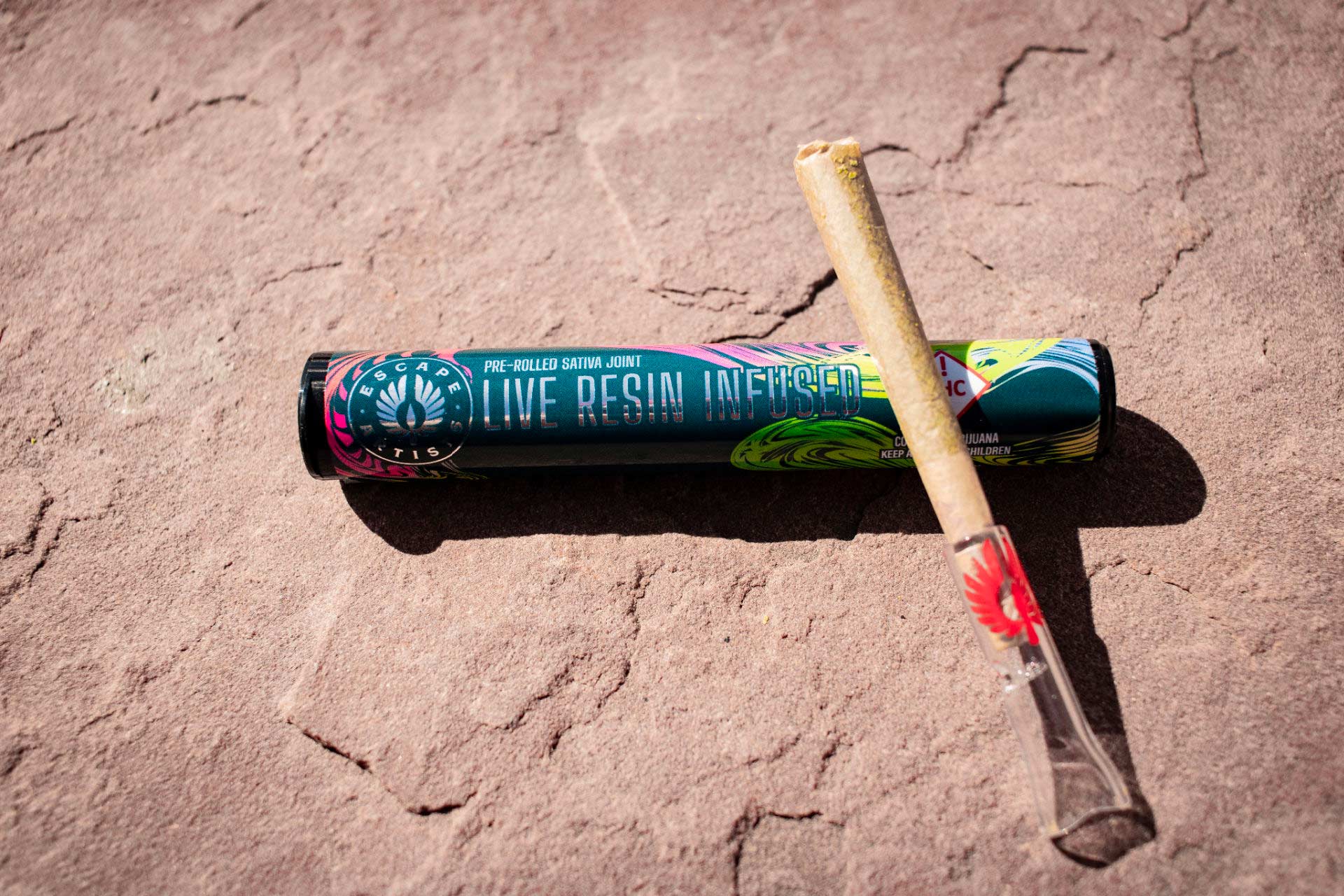
- Live resin prerolls: If you’re curious to discover how live resin can enhance a joint but not sure about rolling one yourself, some brands are now offering live resin-infused prerolls, including our supporting member Escape Artists. Of course, quality matters, which is why Escape Artists combines the best full buds (not shake) and live resin for their prerolls. Remember that a live resin joint is more potent than your standard joint–one puff may be all you need!
- Live resin edibles: Live resin edibles are newer to the scene. While terpenes primarily interact with the body’s endocannabinoid system via smell, they can also affect the digestive system where many endocannabinoid receptors are located. Brands like Dialed In Gummies are now offering single-strain edibles produced using low-heat sous vide methods to retain all the original plant compounds. (Technically, Dialed In Gummies uses live rosin, which is very similar to live resin, except that extraction does not involve butane or other solvents.)
How to get started with live resin
When trying out a live resin product for the first time, our advice is to start with a low dose and go slow. A little goes a long way! This is especially true with cannabis concentrates that can be very potent, containing up to 90% THC. Going slow also allows you to appreciate the complex terpene profiles you’ll find in live resin products.

But is live resin worth it?
Circling back to our original question, which we’re sure is on your mind as well: How much more does live resin cost and is it worth it?
Based on a quick look at two of our Colorado dispensary supporting members, Lightshade and Nature’s Gift Shop, live resin products fetch a premium, typically costing more than their distillate-based counterparts. This makes sense given the time-consuming, complex extraction processes used to make live resin. If you’re eager to explore a wider range of cannabis products, the extra cost may be worth it.
However, if you’re looking for a specific therapeutic benefit from cannabis, the answer is less clear. A lot depends on the health issue you’re dealing with, as well as the type of relief you’re seeking. Our cannabis-trained, fully-licensed Leaf RNs are more than happy to help you determine whether live resin may be a good option, or if a distillate-based product may provide targeted benefits at less cost.
Call our free, anonymous hotline at 844-LEAF411 (844-532-3411), or chat us from our home page during hotline hours, Monday-Friday from 9:00 a.m. to 7:00 p.m. for help with your live resin questions or any other cannabis or CBD hemp questions on your mind!
The Leaf411 cannabis nurse hotline provides free, anonymous education and directional support to the general public about the safe use of legal cannabis. We partner with select business members who meet our rigorous standards to extend our education and outreach efforts.
Meeting the Needs of Older Cannabis Users
Medically reviewed by Katherine Golden, RN
Written by Denise Rustning
Most calls to our non-profit, RN-staffed Leaf411 hotline are from people who voluntarily self-identify as over the age of 55. That’s no surprise to us—after all, older adults have CBD and marijuana questions that are typically more medically focused in nature, and they’re looking for guidance they can trust.

Older adults face challenges in finding medically sound cannabis information
Many primary care providers struggle to answer patient questions about the therapeutic benefits of marijuana. (We use the terms “cannabis” and “marijuana” interchangeably when talking about products containing over 0.3% THC which are legally sold in medical and recreational dispensaries.)
Why do clinicians struggle to answer patients’ questions? In part, it’s due to some clinicians’ lack of knowledge on current cannabis research. Also, many clinicians are restricted by their employers from providing guidance on medical marijuana even when they do have the knowledge. These restrictions are primarily due to marijuana’s ongoing status as a prohibited, federally illegal substance, even though it’s legal in most states.
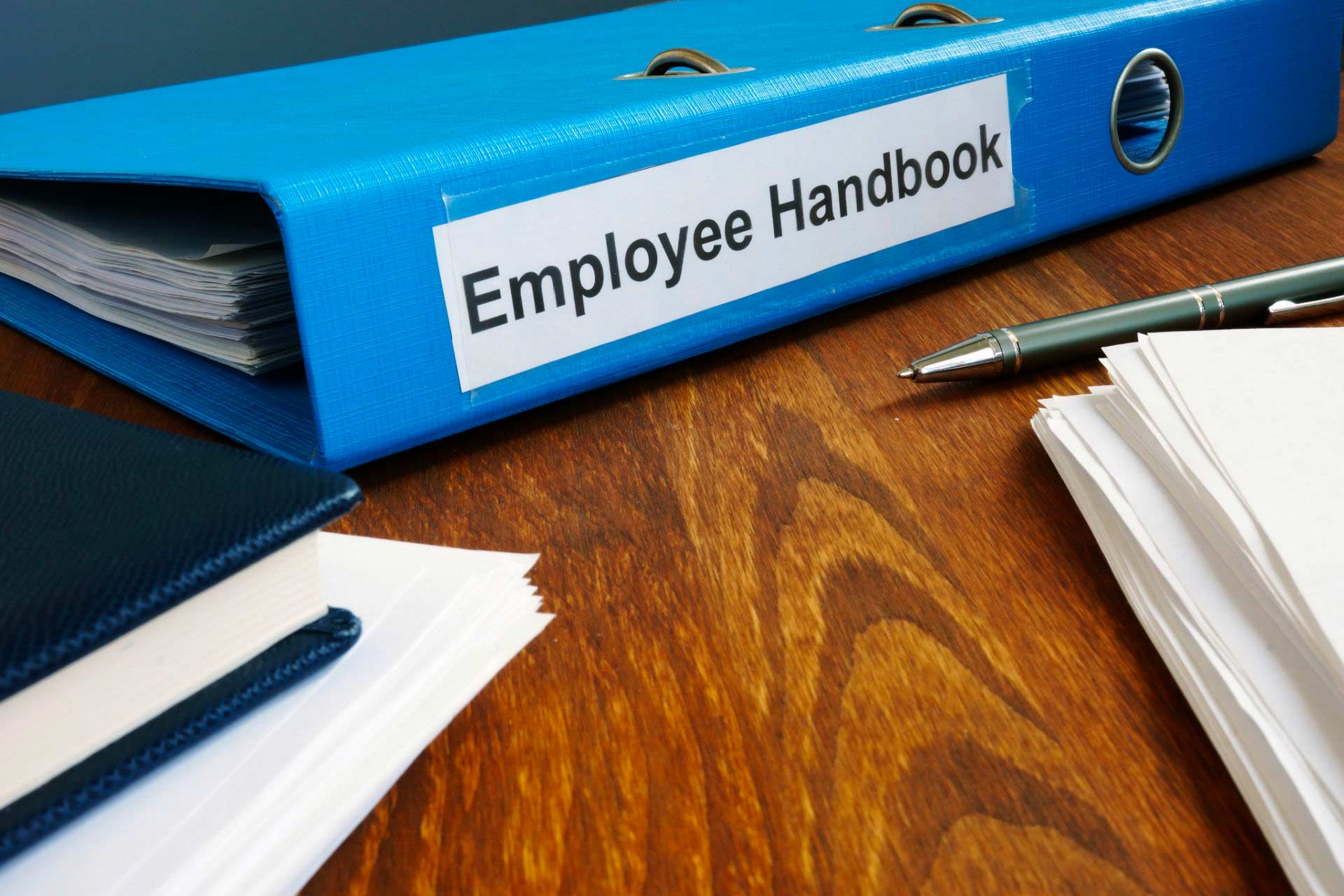
Several of our Leaf hotline nurses come from hospitals and clinics where they experienced these restrictions firsthand. In fact, one of our Leaf nurses, Natalie Murdoch, BSN, RN, shared her perspective in her guest blog last month (check it out at this link).
Doctors and nurses are leading the effort to de-stigmatize cannabis
Despite the challenges posed by cannabis’s federal status and risk-averse healthcare employers, a growing number of healthcare providers are forging ahead, including Natali and our other Leaf nurses.
Trailblazing doctors are also leading the way in shifting attitudes about cannabis in the medical field. Dr. Peter Grinspoon, who will be featured at our free Leaf Learning Series event “Demystifying Cannabis for Older Adults,” on April 22, 2021, is an outspoken advocate on the therapeutic potential of cannabis.
Equally as passionate is our advisory board member Dr. Dave Gordon at 4Pillars Health & Wellness in Denver and our business supporting member Dr. Margaret Gedde at Vibrant Health Clinic in Colorado Springs. Organizations like Americans for Safe Access, American Cannabis Nurses Association, Radicle Health and our own Eloise Theisen, Chief Nursing Officer at Leaf411, are also working hard to change attitudes around cannabis in healthcare.
While we believe the federal government will make progress soon, either decriminalizing or legalizing cannabis, the reality is that you need answers now.

Leaf411 is ready to help with your cannabis and CBD hemp questions
If you’re an older adult with questions about marijuana or CBD hemp, we encourage you to join us at our free Leaf Learning Series event, “Demystifying Cannabis for Older Adults,” on April 22, 2021. Click on this link to sign up.
Also, you can find many answers in our online Leaf Library and blog posts covering common questions and concerns we hear from older adults, including:
- Understanding different types of pain and how cannabis or CBD hemp may help
- Finding the best CBD:THC ratios to manage pain
- Aging and insomnia, and how products with THC may help
- How CBD hemp and cannabis may interact with other medications you’re taking
- Tackling common myths, like the idea that you have to inhale (smoke) cannabis to get its therapeutic benefits
- Breaking down the different types of CBD hemp available today: full spectrum, broad spectrum, distillate and isolate, along with the pros and cons of each type
Don’t forget that our fully-licensed Leaf RNs are ready to help with your questions as well! Our free, anonymous Leaf411 hotline is open Monday-Friday from 9:00 a.m. to 7:00 p.m. to answer your cannabis and CBD hemp questions. Call 844-LEAF411 (844-532-3411).
The Leaf411 cannabis nurse hotline provides free, anonymous education and directional support to the general public about the safe use of legal cannabis. We partner with select business members who meet our rigorous standards to extend our education and outreach efforts.
Don’t Miss Our Next Leaf Learning Series: Demystifying Cannabis for Older Adults
Upcoming Leaf Learning Series event features Dr. Peter Grinspoon, addresses older adults’ questions about cannabis
Medically reviewed by Katherine Golden, RN
Written by Denise Rustning
If you’re over the age of 50 and new to today’s cannabis products, you’re not alone! In fact, older adults currently make up the fastest-growing group of cannabis consumers in the United States according to recent data reported in the New York Times. We’re proud to say that we were mentioned as a resource in that article, too!
Older adults also make up the majority of callers to our Leaf411 cannabis nurse hotline. In 2020, 65% of Leaf411 callers were over the age of 55. The need for clinically-sound guidance around cannabis use for older adults has never been greater. That’s why we’re excited to announce our next Leaf Learning Series event:
Demystifying Cannabis for Older Adults on Thursday, April 22 from 2 p.m. to 4 p.m. MDT. The free event takes place online, and is open to the public. Event registration is available at this link.
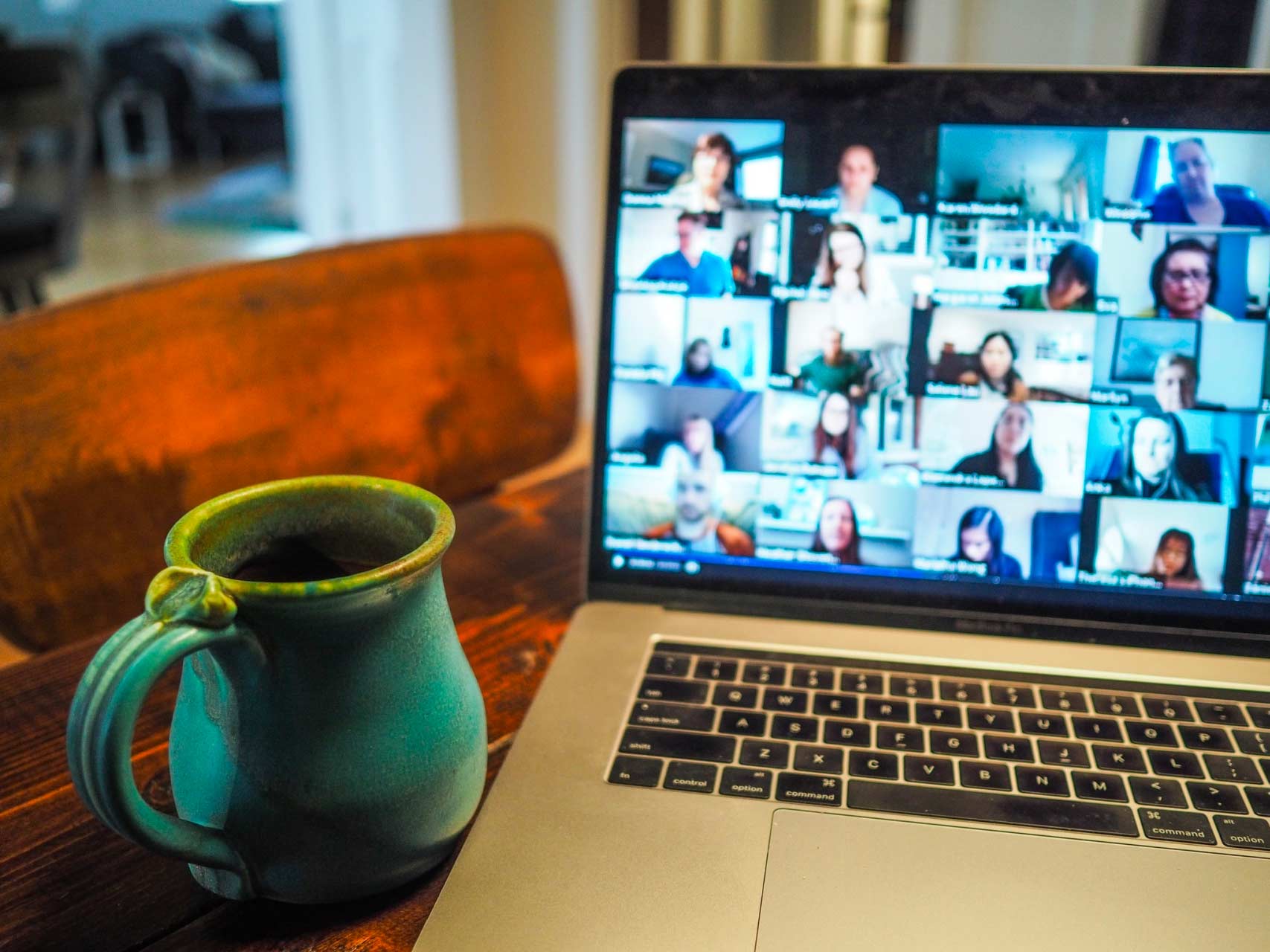
Keynote Speaker Dr. Peter Grinspoon Will Lead Candid Conversation on Cannabis and Older Adults
We’re excited to announce that Dr. Peter Grinspoon, Harvard-trained primary care physician and renowned cannabis clinician, will be the keynote speaker at our April 22nd event. Dr. Grinspoon brings 25 years of experience as a cannabis clinician as well as firsthand knowledge of the plant’s therapeutic potential.
Dr. Grinspoon has been featured as a cannabis expert in national media, including on NBC, C-SPAN, Fox, NPR as well as print publications including People Magazine, The Washington Post, USA Today, The Nation, and the Los Angeles Times.
During our event, you’ll have the opportunity to hear directly from Dr. Grinspoon and ask questions, as time allows.
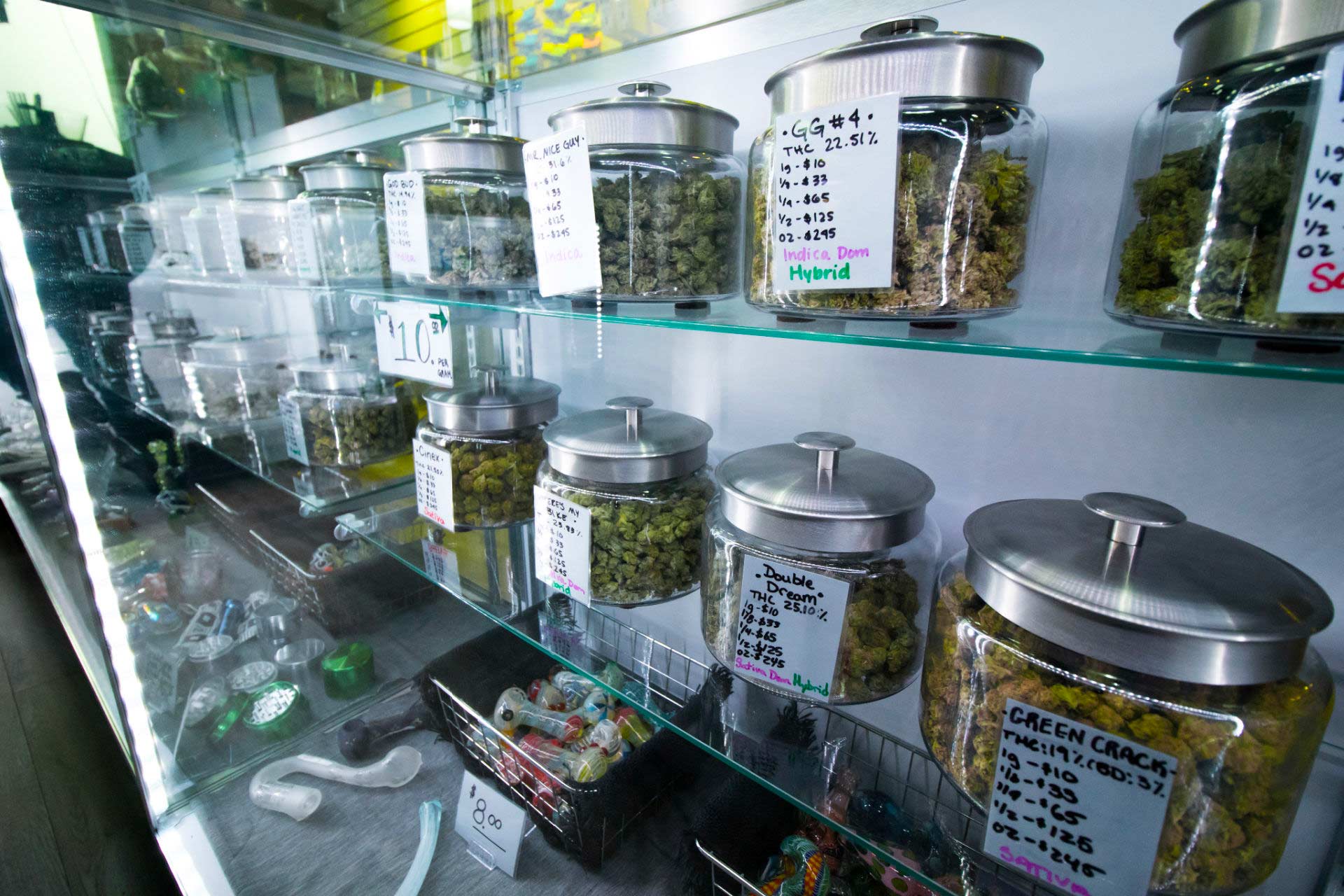
Navigating the New World of Cannabis
Today’s legal cannabis and CBD hemp products are a far cry from what existed before legalization, back when many of today’s older adults first experimented with marijuana.
At Leaf411, we know many of you are navigating a whole new world as you seek out alternatives for pain management, sleep issues, stress or other concerns. Our Leaf Learning session on Demystifying Cannabis for Older Adults is designed to help, no matter where you are on your cannabis journey.
Looking back at yesterday’s cannabis, it’s true that marijuana in the 1960s-1980s was less potent. It also was very poor quality, and was sometimes contaminated with dangerous herbicides like paraquat.
State legalization allowed progress in research and innovation around cannabis cultivation, extraction and manufacturing. Product standards also came online, with states testing for contaminants including pesticides and mold.
In other words, today’s cannabis is different—both stronger and safer—than the products you may have bought on the illicit market 40 years ago.
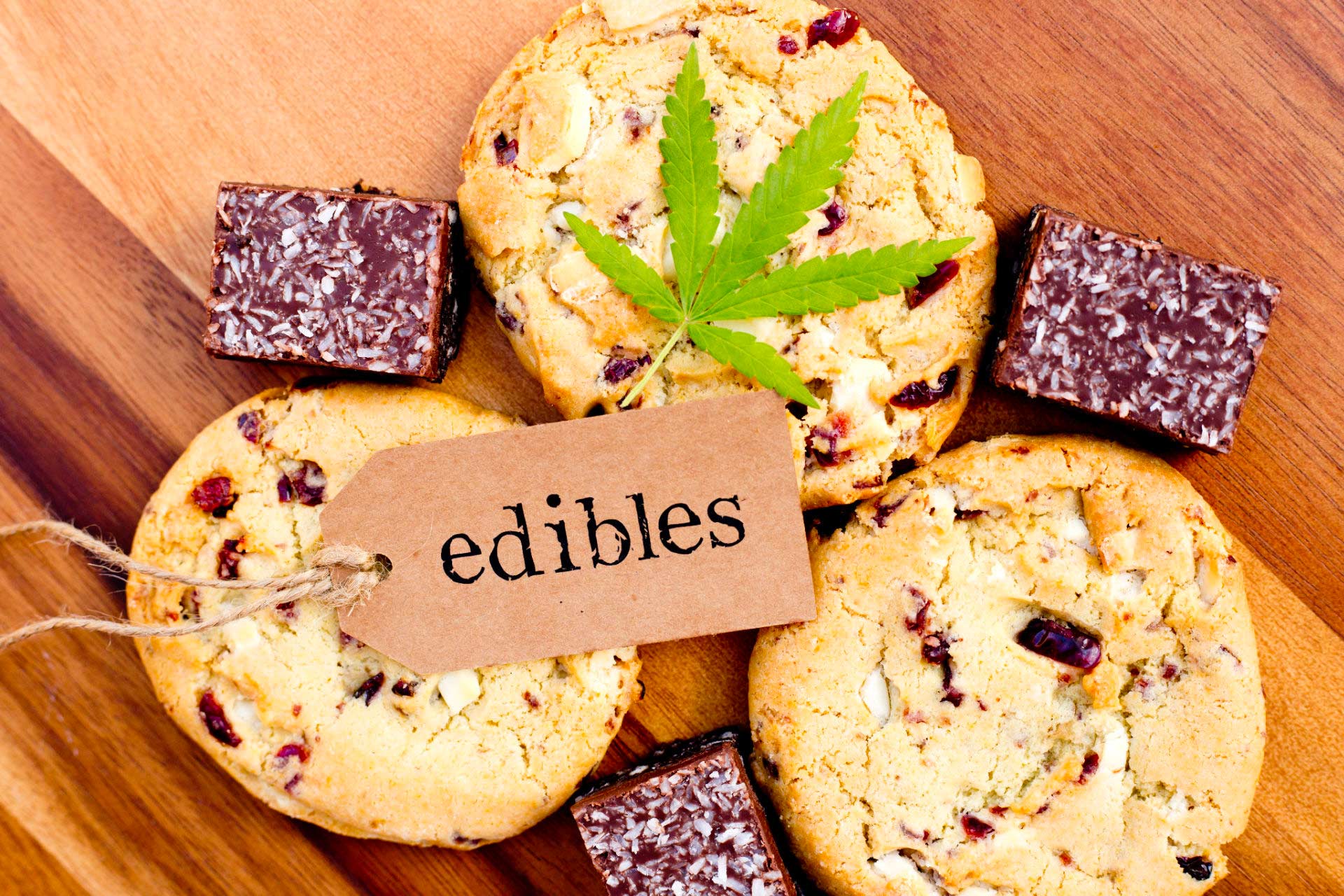
Not All Cannabis Products Are the Same
Needless to say, today’s expanding range of legal cannabis products have a steeper learning curve when it comes to finding the right product and dose to meet your desired effects. Both new and more experienced users may have misconceptions that can lead to a less-than-ideal outcome.
For example, we once had a caller who was experienced in smoking cannabis flower (bud), but had decided to switch to using cannabis-infused chocolate. The caller assumed edibles would affect him the same way as smoking flower, and inadvertently consumed the entire bar assuming his tolerance to smoking flower would allow him to tolerate a large dose in an edible. Following that experience, he called our hotline for help.
In fact, finding the equivalent dose between flower and edibles can be tricky, because flower lists THC by percentage, and every bud is just a little bit different when it comes to cannabinoid and terpene content. Edibles, on the other hand, list dose by milligrams per serving and are more standardized, though they too can vary due to different batches of raw flower used in the manufacturing process.
Also, when cannabis is ingested, it passes through the digestive system where the liver converts the original Delta-9-THC into 11-hydroxy-THC. The result? A delayed-but-longer-lasting high that many users report feels both stronger and different than the high you get from smoking.
Fortunately for our caller who was switching from flower to edibles, one of our hotline RNs was able to help them dial in their cannabis edible dose moving forward.

We’d Love for You to Join Us for the Leaf Learning Series: Demystifying Cannabis for Older Adults
At Leaf411, our bottom-line goal is that everyone has access to evidenced-based information and guidance on safe cannabis use. That’s why we created the hotline as a nonprofit whose mission is to provide free RN guidance to the public, and why we’re hosting the upcoming Leaf Learning Series event tailored to older adults. It is essential to understand the nuances of the new cannabis market you see today to help you understand what you are truly consuming. Learning events can provide the peace of mind needed to make an informed decision.
Don’t wait until the last minute to sign up! Free registration is open now at: https://hopin.com/events/leaf-learning-series-demystifying-cannabis-for-the-older-adult
The Leaf411 cannabis nurse hotline provides free, anonymous education and directional support to the general public about the safe use of legal cannabis. We partner with select business members who meet our rigorous standards to extend our education and outreach efforts.
